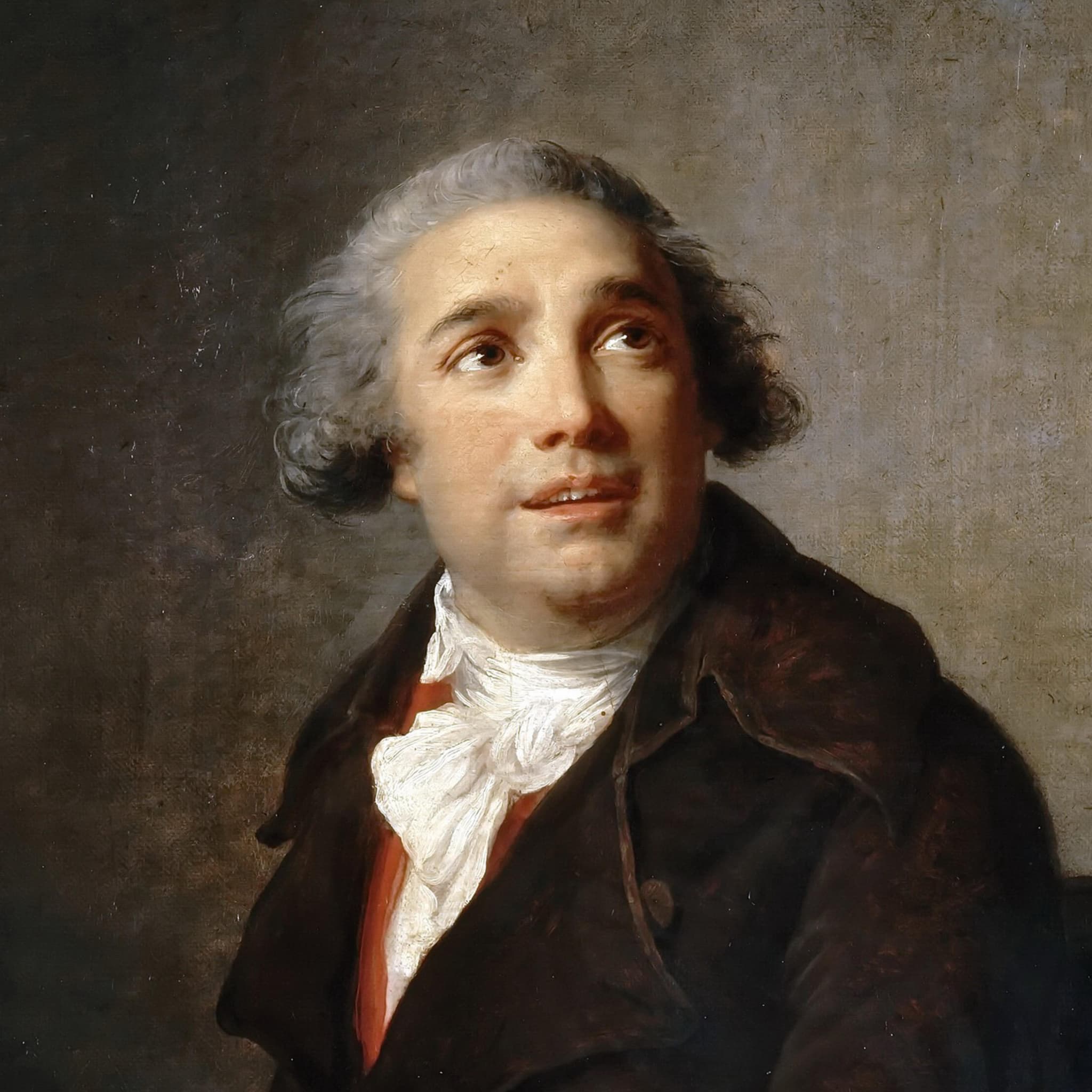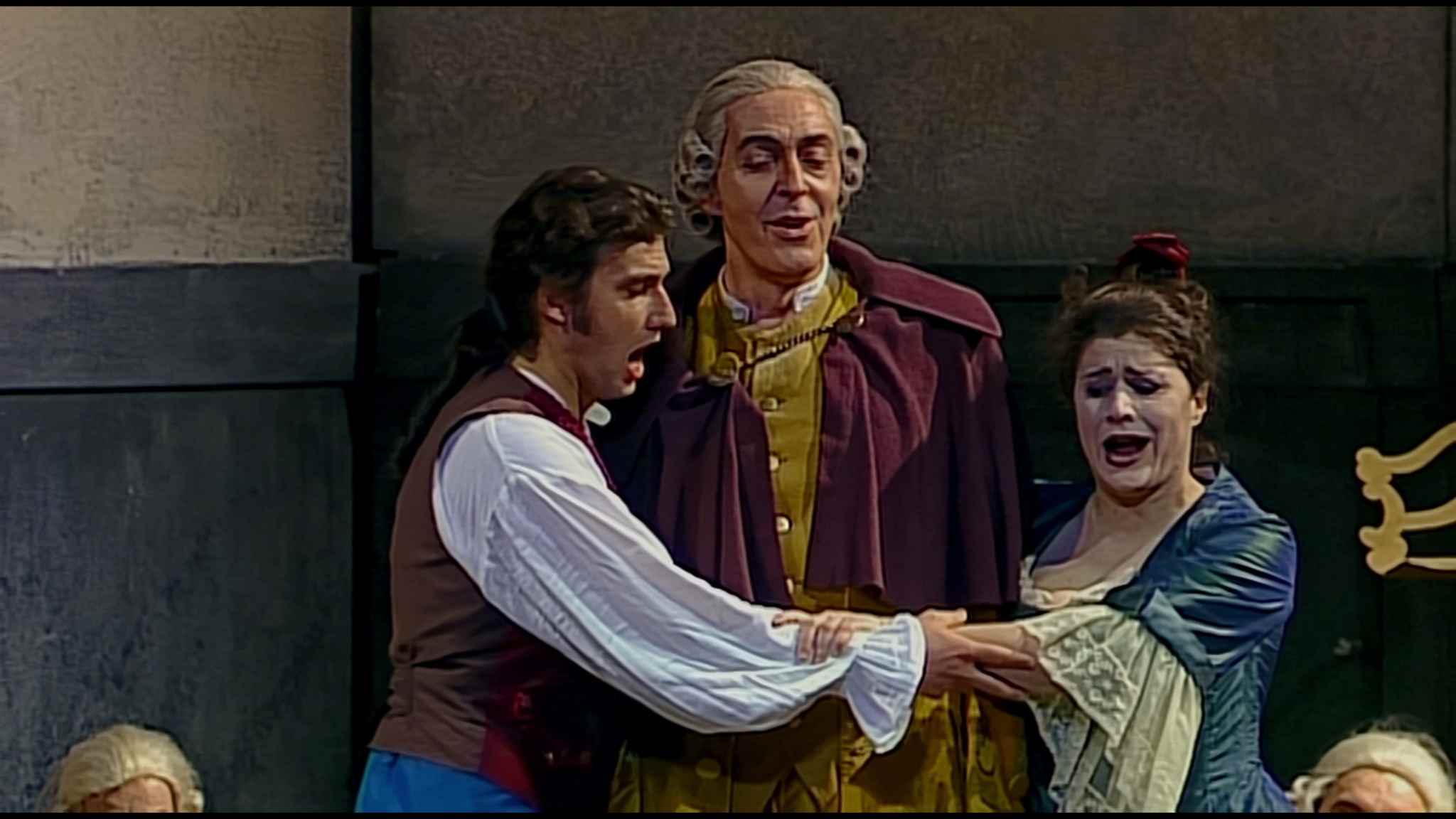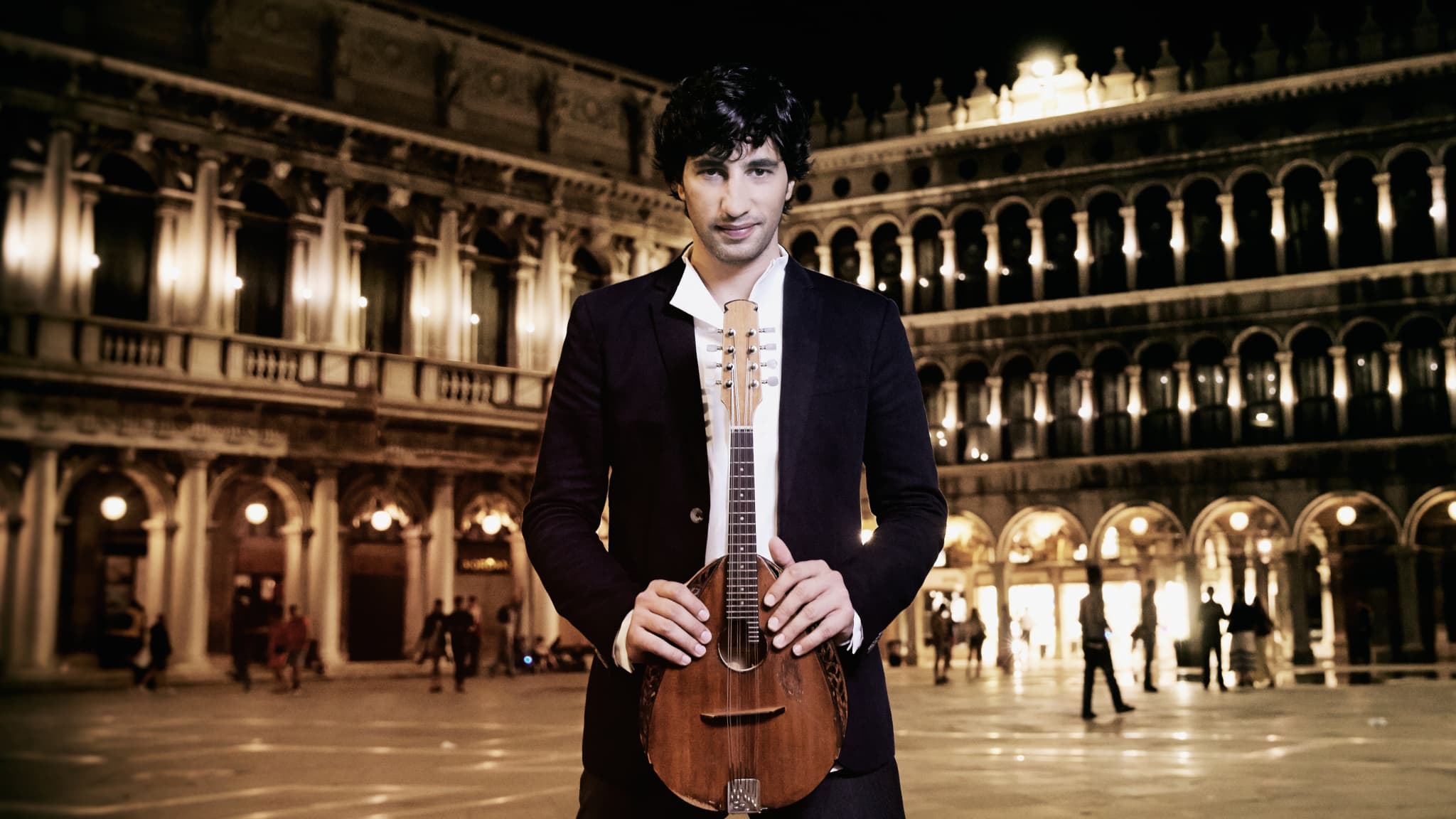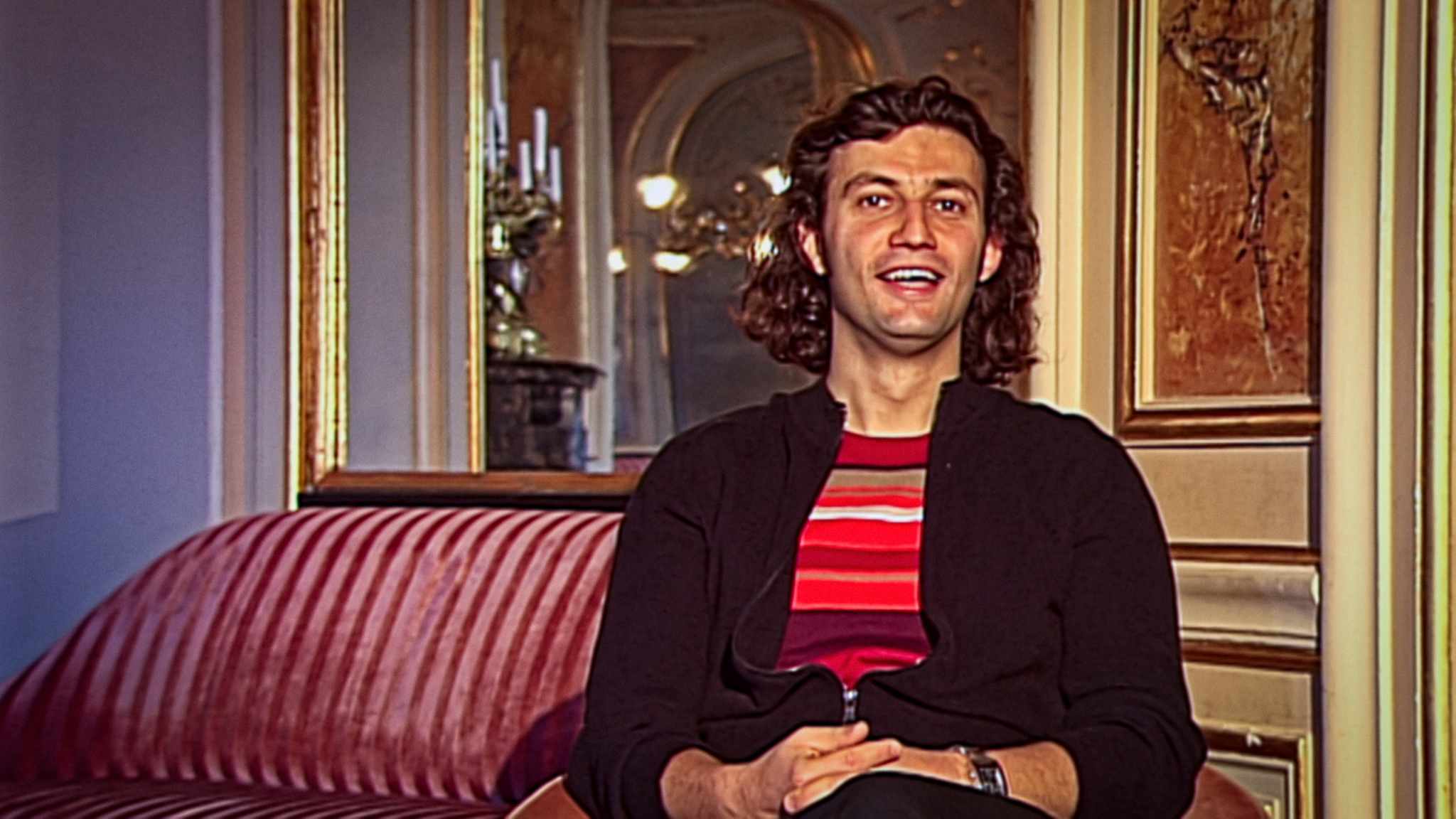Concerts and Operas
Albums
AboutGiovanni Paisiello

As a musically gifted youth in southern Italy in the mid-eighteenth century, it was always likely that Giovanni Paisiello would find his way into the world of opera – and it was as the composer of over 90 operas, premiered between 1764 and 1808, that he became one of late-classical Europe's most beloved and successful musicians. Born in Taranto and educated by Jesuits, he studied his art in Naples – then a major centre of operatic activity – and attracted attention (and commissions) while still a student.
His hit Neapolitan comedy L'idole Cinese (1767) put him at the forefront of Naples's lively operatic scene, and drew the attention of royalty, unlocking a series of commissions for sacred music that would come to include over 20 mass settings. His operas, meanwhile, took him all over Europe, and in 1776 Empress Catherine the Great of Russia invited him to St.Petersburg, where he stayed for eight years and completed his best-known opera Il Barbiere di Siviglia in 1782. Now overshadowed by Rossini's later setting of the same story, it was widely performed and admired, including in Vienna, where it had a direct influence on Mozart's Le nozze di Figaro. The comic opera Nina (1789) had a comparable success, and although full-length revivals of Paisiello's operas are relatively rare, many of his individual arias survive as recital favourites.









